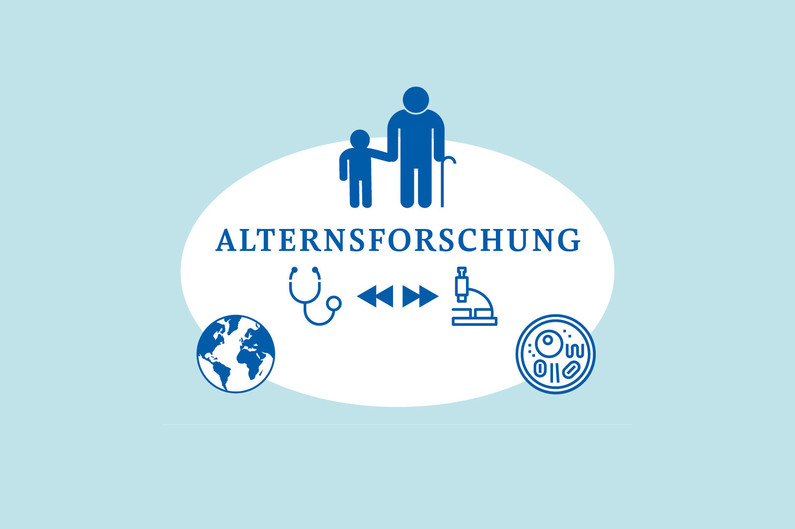

With every hour, minute, second, and moment, we age. It affects everyone. Every day. For a lifetime. It is our future.
As life expectancy increases, our society is changing - the proportion of older people is growing. For the future of mankind and our society, it is therefore important to be able to prevent and treat the rapidly increasing age-related diseases in the future. In old age, the risk of cardiovascular disease, diabetes, cancer, kidney disease and dementia increase rapidly. At the Cologne Cluster of Excellence CECAD, the central question is "Why and how do we age? The goal is to elucidate the molecular and cellular mechanisms of aging in order to define new approaches for prevention, diagnosis and treatment of age-associated diseases. To achieve this goal, more than 400 scientists and physicians are collaborating in a close network of biomedical aging research at CECAD. In an interdisciplinary approach, the mechanisms in the cell as well as the interactions between tissues and organs and the influence of the environment on the aging organism are considered.
Special attention is paid to the principle "from bench to bedside and back", i.e. from "laboratory to patient and back": Findings from basic research lay the foundation for new therapies, while clinical observations in turn open up new questions that are then investigated at the molecular level. Research uses model organisms, such as the nematode, fruit fly, carp, naked mole rat, or house mouse, to understand the complex processes involved and employs state-of-the-art technologies in imaging, genomics & bioinformatics, proteomics, lipidomics, and metabolomics. Aging is the future for all of us. It is for this future that CECAD conducts research, so that health for people and society can succeed throughout life, even as we age.